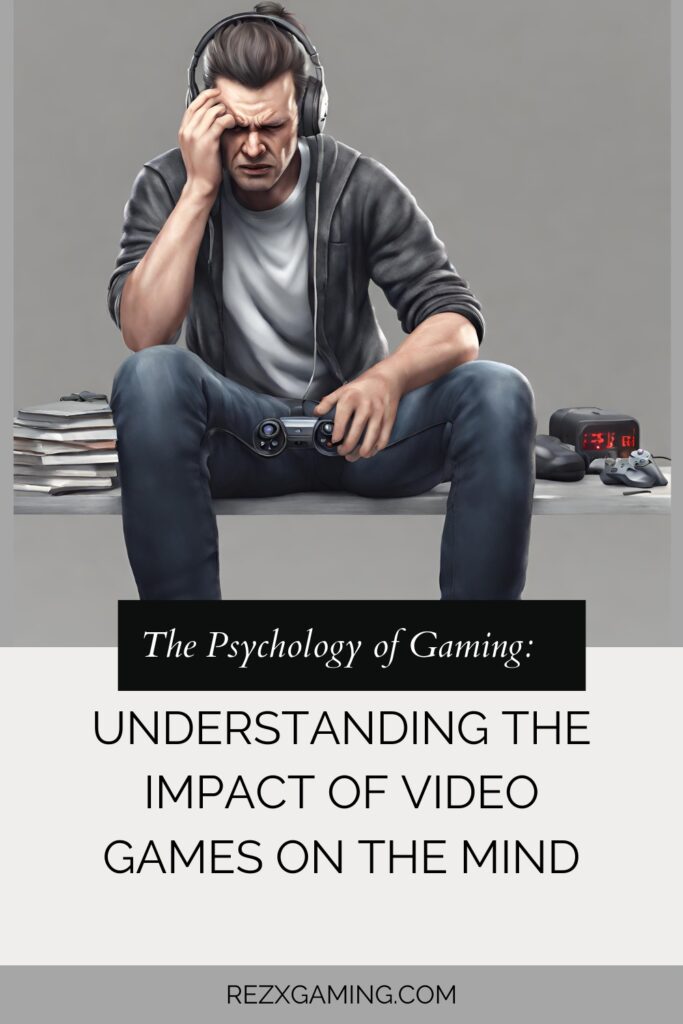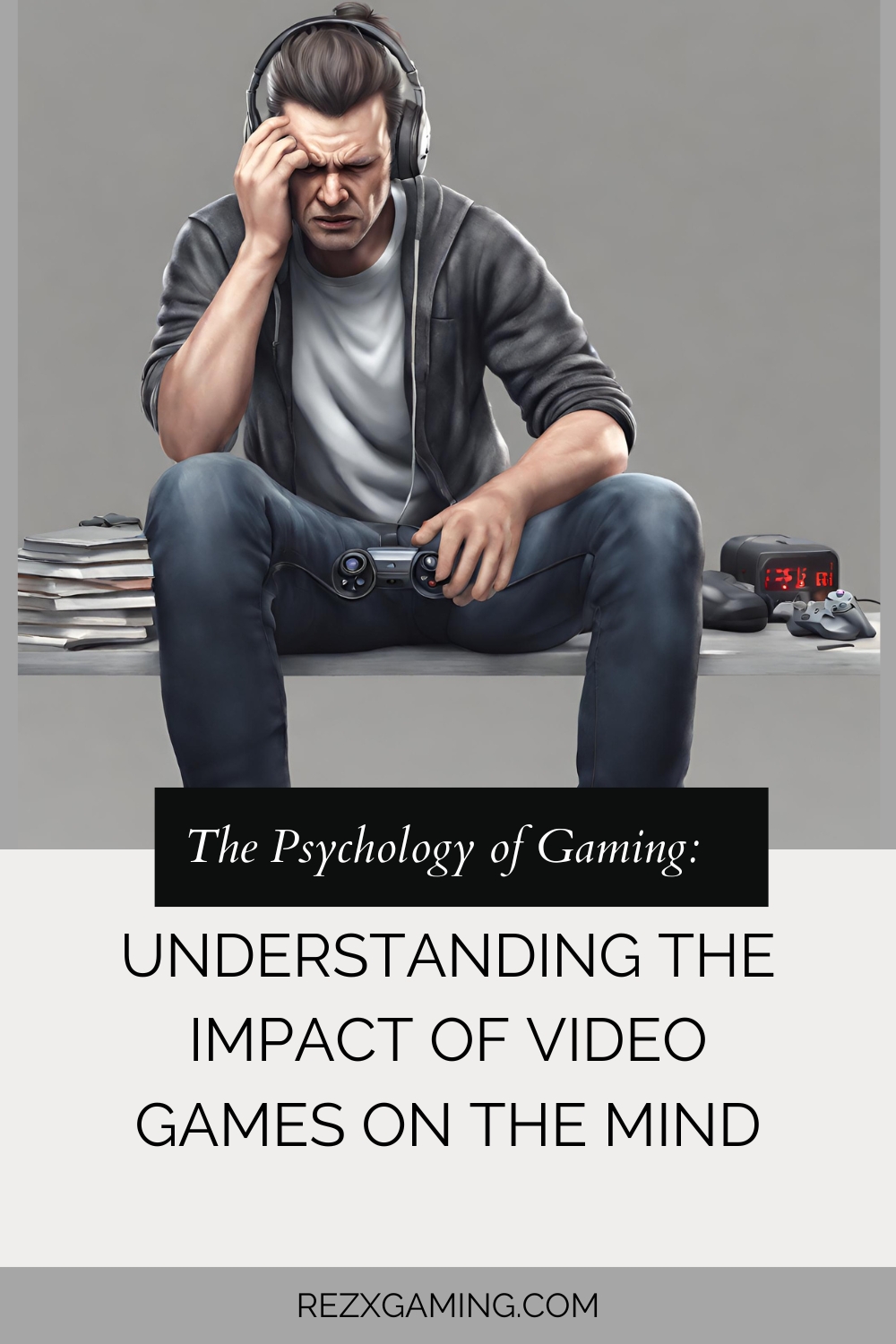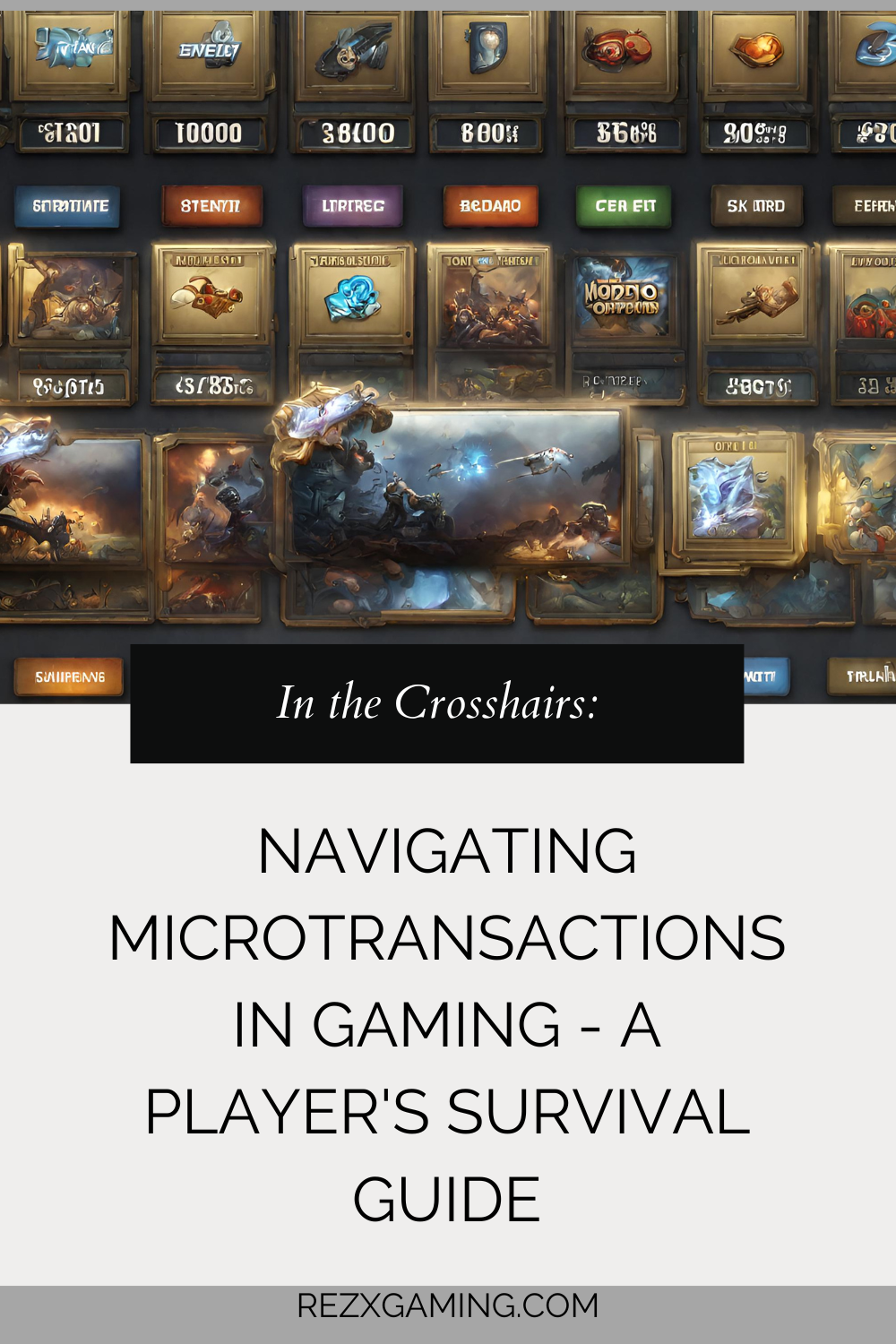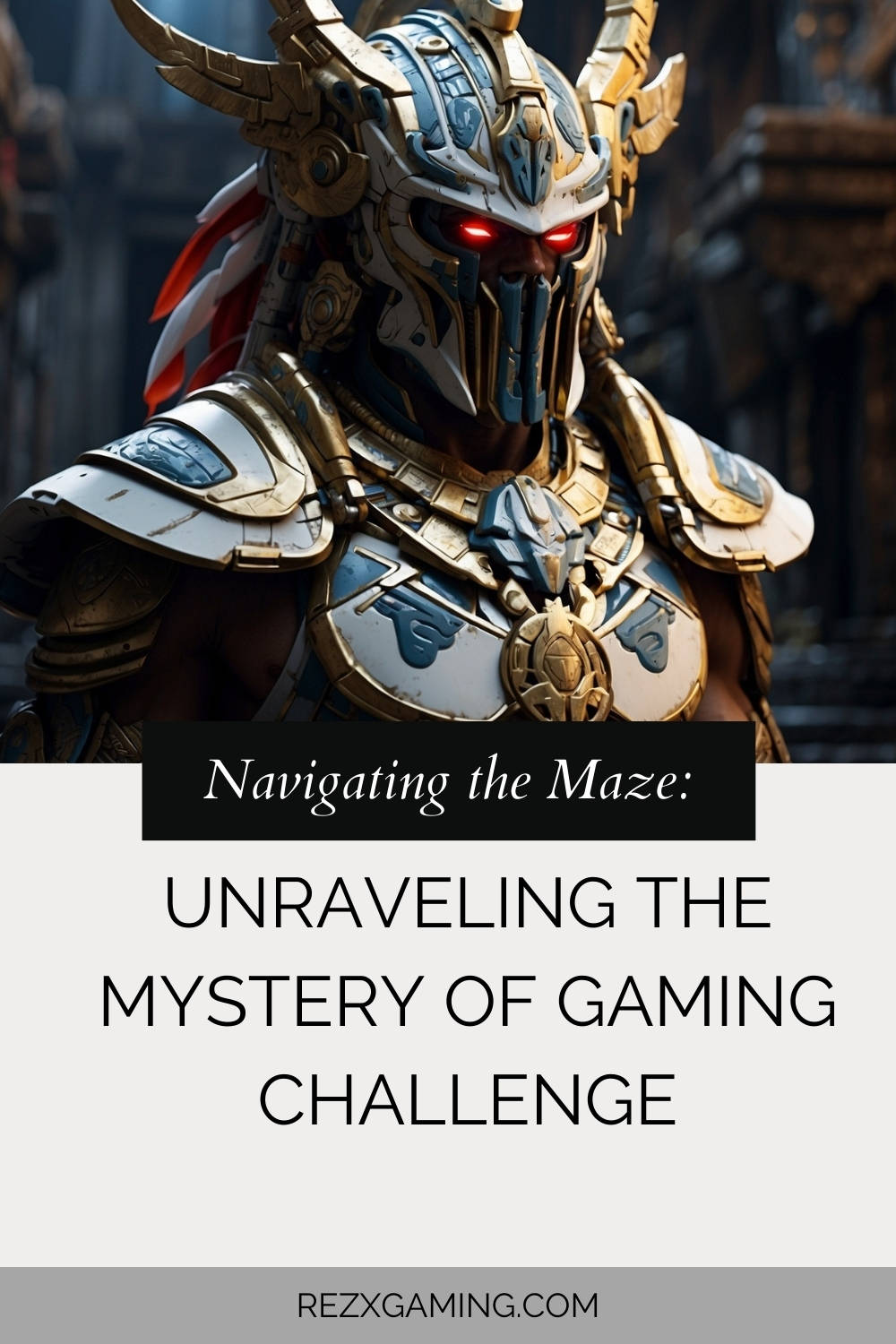
In the realm of psychology, video games have long been a subject of fascination and debate. From their potential to shape behavior and cognition to their impact on mental health and well-being, video games have captured the interest of psychologists and researchers worldwide. In this blog post, we’ll delve into the fascinating world of the psychology of gaming, exploring the complex interplay between video games and the human mind.
The Appeal of Immersion: Exploring the Psychological Pull of Video Games
At the heart of the psychology of gaming lies the concept of immersion—the sense of being fully absorbed in a virtual world and experiencing a deep connection with the game environment. Games like “The Elder Scrolls V: Skyrim,” “The Legend of Zelda: Breath of the Wild,” and “Red Dead Redemption 2” transport players to richly detailed worlds filled with endless possibilities, captivating their attention and engaging their senses. The immersive nature of gaming triggers a range of psychological processes, from heightened attention and focus to a sense of presence and agency, making it a uniquely compelling form of entertainment.
The Power of Reward: Understanding the Role of Reinforcement in Gaming
One of the key psychological mechanisms at play in gaming is the concept of reinforcement—the idea that behaviors that are rewarded are more likely to be repeated. In video games, rewards come in many forms, from earning experience points and leveling up to unlocking new abilities and achievements. This system of positive reinforcement motivates players to engage with the game, invest time and effort, and strive for mastery, leading to a sense of accomplishment and satisfaction that keeps them coming back for more.
The Challenge of Engagement: Balancing Skill and Difficulty in Gaming
Another important aspect of the psychology of gaming is the balance between skill and difficulty—the sweet spot where gameplay is challenging enough to be engaging but not so difficult as to be frustrating. Games like “Dark Souls,” “Celeste,” and “Cuphead” are known for their punishing difficulty levels, yet they remain immensely popular due to their rewarding gameplay and sense of accomplishment. Finding the right balance between skill and difficulty is crucial for creating an engaging gaming experience that keeps players motivated and invested in the game.
The Social Dimension: Exploring the Role of Social Interaction in Gaming
In addition to its cognitive and emotional effects, gaming also has a powerful social dimension that influences player behavior and well-being. Multiplayer games like “Fortnite,” “League of Legends,” and “Among Us” provide opportunities for social interaction and collaboration, fostering friendships and building communities around shared interests. However, gaming can also have negative social consequences, such as cyberbullying, social isolation, and addiction. Understanding the social dynamics of gaming is essential for promoting healthy and positive interactions among players and mitigating the risks associated with excessive gaming.
The Impact on Mental Health: Addressing Concerns and Promoting Well-Being
Finally, the psychology of gaming also encompasses the impact of video games on mental health and well-being. While gaming has been associated with positive outcomes such as stress relief, mood enhancement, and cognitive stimulation, it can also have negative effects on mental health, such as addiction, anxiety, and depression. It’s important to take a balanced approach to gaming, recognizing both its potential benefits and risks, and promoting healthy gaming habits and coping strategies that support overall well-being.
Conclusion:
The psychology of gaming is a rich and complex field that encompasses a wide range of psychological processes, from immersion and reward to social interaction and mental health. By understanding the psychological mechanisms at play in gaming, we can gain insights into the ways that video games shape our thoughts, feelings, and behaviors, and harness their potential to promote positive outcomes and well-being. As we continue to unravel the mysteries of the psychology of gaming, let us approach gaming with mindfulness and intention, seeking to cultivate healthy habits and foster a deeper understanding of ourselves and the world around us through play.






